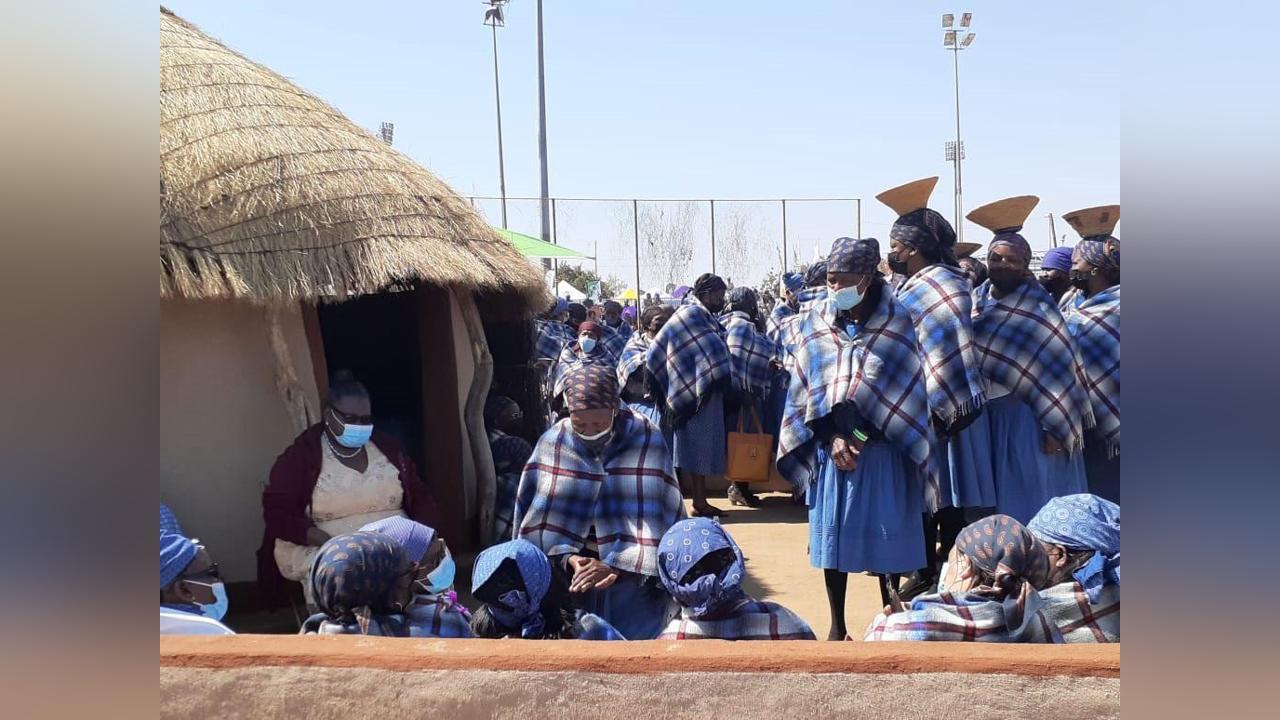Africa-Press – Botswana. Investing in women is a human right and a vital basis for building inclusive societies and promoting democracy, says Parliamentary Caucus on Women chairperson Ms Helen Manyeneng.
Presenting a statement before Parliament recently, she said every action big or small contributed to a more equitable future for all.
“I call on all of us individually and collectively to support women and girls particularly those who want to pursue politics as their career, use International Women’s Day as an opportunity to invest in women, celebrate their achievements and accelerate progress towards a more just and equal world,” she said.
She said the theme “Accelerate Action,” profoundly talked in favor of gender equality and investment in women. Ms Manyeneng said aaccelerating action for women’s equality required a multi-pronged approach addressing systemic barriers, social norms and power dynamics.
She said the day recognised social, economic, cultural, and political achievements of women, while also highlighting the ongoing fight for gender equality.
“It offers an opportunity to reflect on progress made on the call for change and to celebrate acts of courage and determination by ordinary women who have played an extraordinary role in the history of their countries and communities,” said Ms Manyeneng.
Despite significant progress, she said gender inequality remained a pressing issue across the globe as women still faced significant challenges in areas like equal pay, access to education and healthcare and representation in leadership positions.
She said there was a need to enforce legal and policy reforms strengthening and enforcing laws that promoted gender equality such as equal pay, reproductive health rights, land ownership rights and protection against gender-based violence.
Key areas that could help advance gender equality, Ms Manyeneng said were the promotion of economic empowerment, increased women leadership and representation, elimination of gender bias in education through providing equal access to quality education for girls and women as well as combating gender-based violence amongst others.
Historically, she said women’s representation in the political sphere of central and local government respectively had been a thorny issue for the country. In the immediate past Parliament, Ms Manyeneng said women representation stood at 11 per cent, while in the current 13th Parliament, it has declined to 8.9 per cent.
She said the singular decline was a call for a robust approach in tackling all barriers to women participation in decision-making positions especially in politics. She emphasised the need to take accelerated action now, adding that achieving the goal of gender equality in all spheres required close collaboration between government and civil society.
She said the Electoral Act be amended to require political parties to field 50 per cent women candidates at both the national and local government levels. Despite efforts to combat Gender Based Violence (GBV), Ms Manyeneng said women continued to be victims of the heinous act.
She said government continued to engage various sectors including civil society for targeted response to GBV. Se said investing in women was not just a financial commitment.
For More News And Analysis About Botswana Follow Africa-Press






